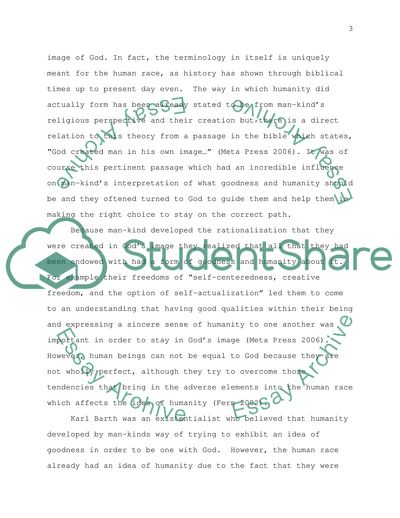Cite this document
(The Development of Humanity in Imago Dei Research Paper, n.d.)
The Development of Humanity in Imago Dei Research Paper. https://studentshare.org/philosophy/1704250-refer-to-question
The Development of Humanity in Imago Dei Research Paper. https://studentshare.org/philosophy/1704250-refer-to-question
(The Development of Humanity in Imago Dei Research Paper)
The Development of Humanity in Imago Dei Research Paper. https://studentshare.org/philosophy/1704250-refer-to-question.
The Development of Humanity in Imago Dei Research Paper. https://studentshare.org/philosophy/1704250-refer-to-question.
“The Development of Humanity in Imago Dei Research Paper”. https://studentshare.org/philosophy/1704250-refer-to-question.


